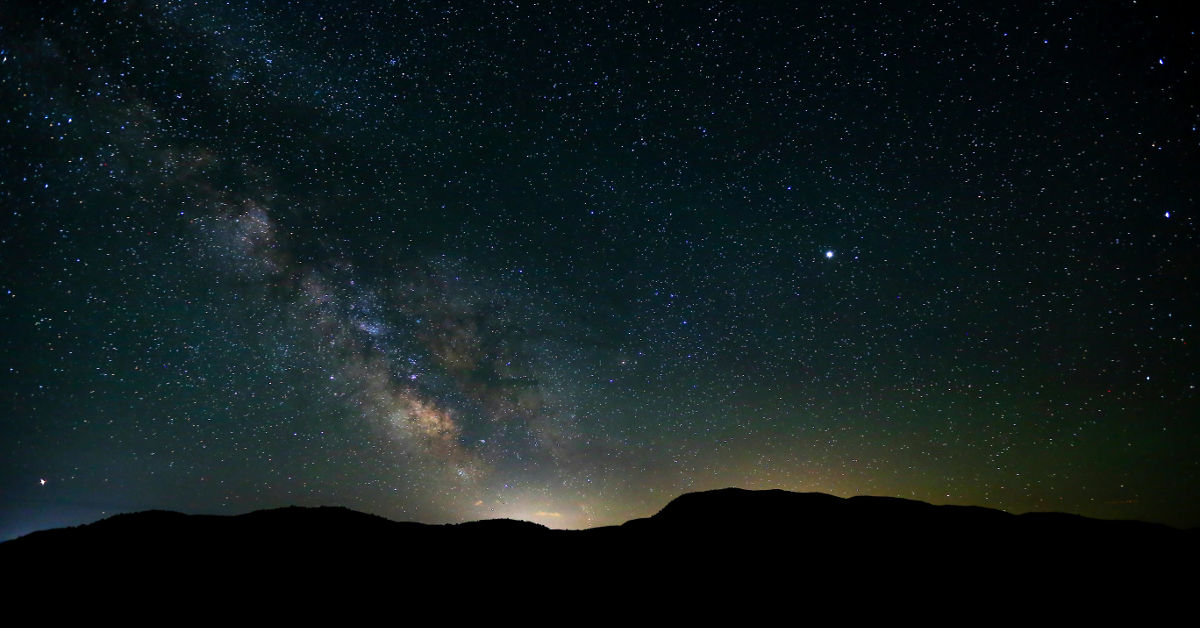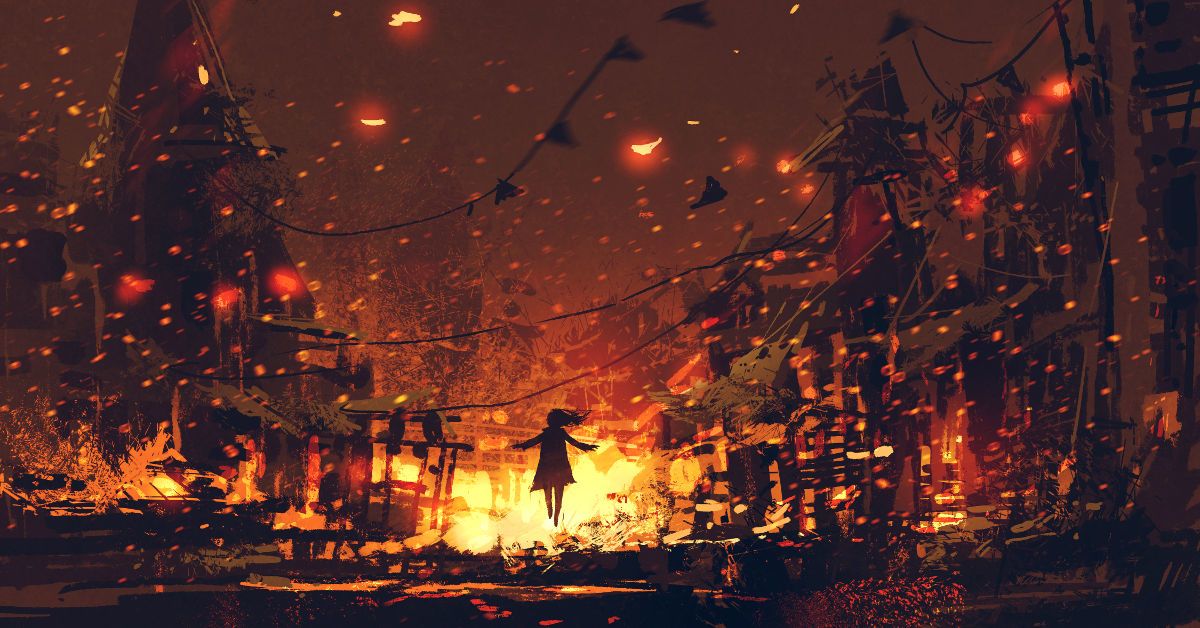The Other Side

This post was originally published through Patreon on May 23, 2017.
I wasn’t ready to die. I suppose no one is.
As mortals, we have a strange fixation with immortality. We understand that each of us has a clock embedded deep within, set to an unknown length of time; that when this time is finally up, when our clock’s internal mechanism winds down to zero, we’ll be thrust headlong into the uncharted lands of death—and into light or oblivion, who can say? Yet each of us holds to the secret belief that there must be some way to get ahead of our fate, that there must be some trick, some unexplained force of nature that, once harnessed, would allow us to reset that clock, or even stop it.
This was my belief until the end. And even when that end had come and gone, I was still convinced I could do things differently, that I could scrape together whatever temporal crumbs were left and use them to accomplish all the things I’d said I would do in life.
Well, you can guess how that worked out.
One moment, I was lying in a hospital bed, tubes and sensors protruding from my arms like cybernetic tentacles as the cancer devoured my body from the inside out. The next, I was standing on a hot desert road, surrounded by nothing but asphalt, sun, and endless sky.
First, I just stood there thinking, “This isn’t right. I’m in the hospital.” Then I shook my head. “Shit,” I said, and after the absurdity of my situation had truly sunk in, you could say I threw a bit of a tantrum. I shook my fist at the indifferent sky, shouted useless invectives while stomping and fuming like a toddler who’s just had his favorite toy taken away.
A good long time passed before I realized there was no way left to go but on.
And on I went. On, on and on, with a bloated sun razing my neck and shoulders, and a dry, arid wind cracking my parched and blistered lips. A strangely corporeal experience, I thought, for someone who’d left his body behind in the hospital. At times, I’d pray for death, only to realize soon after that I was already dead. Then a terrible despair would surge through my soul like an ocean, and I would break down all over again.
This is Hell, I would think. I hadn’t been good enough in life, and eternal suffering was my reward. But then the sun would set for the night, the air would cool for a little bit, and the sky, transparent to the cosmos, would fill me with the hope that this too might yet pass.
A quest, I realized after one particularly scorching day. I was on a quest, like King Arthur in search of the Holy Grail, or Odysseus in search of his lost home in Ithaca. A quest for who or for what I couldn’t yet say, but in my heart I knew it was the truth.
That night, I heard the stars sing.
A haunting alloy of otherworldly harmonies, they addressed me by name—not my given name but my true name, the one etched indelibly into the substance of my being. Their voices reached into my weary soul and offered me their everlasting light.
A transformation had begun, and no longer would I allow myself to be discouraged. I dragged my desiccated post-life body across the endless asphalt by day, and drank from the light of those angelic voices by night.
On and on they carried me, across the sand and the centuries, until now, at last, I stand before the Celestial Gate, those radiant stars lighting the way home.
Now, there’s only one thing left to do. Weak kneed and teary-eyed, I knock.
“You are well traveled,” come their collective reply. “Come inside, and make yourself at home.”
The gate opens, and of what I see beyond that cosmic threshold I could write entire books. But I hear them singing again, calling on me to take my place in the sky, and I will not keep them waiting any longer.
Enter your email address and click "Submit" to subscribe and receive The Sign.
